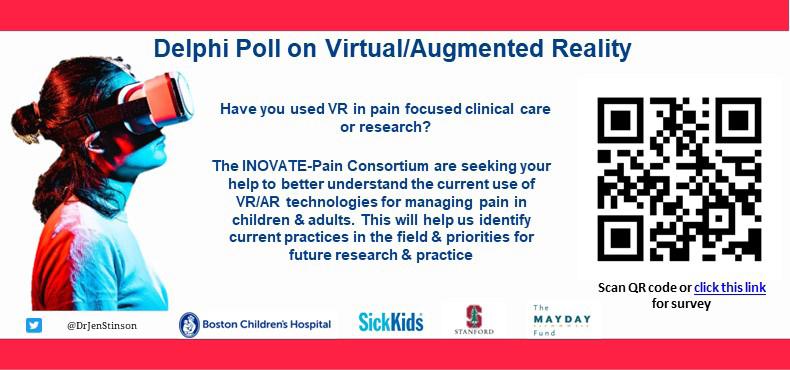
1 minute read
Member’s Spotlight
from APS FEB23 eNews
by auspainsoc
Dr Cindy Wall, BPsych (Hons), MPsych (Clinical), PhD
Cindy is a Clinical Psychologist in private practice in Darwin. She is Adjunct Associate Professor at Charles Darwin University and holds Academic Status with Flinders University in the College of Medicine & Public Health. Cindy has been an APS member since 2017.
How did you get into pain research/clinician practice?
My interest in pain, both from a research and clinical perspective, developed from working in occupational injury management and vocational rehabilitation in Perth and then Darwin. This interest was further cemented during my doctoral studies, which explored the influence of personality, trauma, and justice beliefs on recovery from workplace injury. I was fortunate to be involved in the development and implementation of a multidisciplinary pain management program in Darwin for people with compensable injury, and my interest in behavioural medicine grew. Family and work opportunities lead to a lovely eight-year interlude in Adelaide, where I immersed myself in tertiary-level integrated interprofessional care and research in pain management with the team at the Pain Management Unit at Flinders Medical Centre, and the wider SA pain community, before returning to Darwin in 2020.
What does your current research or clinical practice focus on? Why is this important?
From a pain perspective, my current clinical practice focuses on occupational injury and rehabilitation, and I also maintain a strong interest in psychological pre-surgical assessment for neuromodulation. I’m very fortunate to be involved with a group of wonderful practitioners, researchers, academics, and students, across a range of research topics, including exploring the factors associated with optimal patient outcomes post-surgery or after a treatment program.
What do you think will be the next “hot topic” in your area of research or practice?
Since returning to the NT, I am reminded of the challenges regarding equity and access to pain management for people experiencing pain in regional, rural, and remote areas of Australia, as well as the often-limited support available to health professionals working in these locations. It’s encouraging to see increasing clinical and research attention directed at innovative and scalable service delivery models incorporating new technologies and consumers/ stakeholder’s co-design in this area.
If you could offer one piece of advice to a younger you, what would it be and why?
Worry less about where intellectual curiosity takes you. It’s okay to explore different roles and collaborate in areas less familiar. I’ve found these opportunities to be incredibly rewarding!
How and why did you join the APS Board?
Having benefited from being an APS member, particularly when working more independent clinical or academic roles, I was particularly motivated to join the APS Board and contribute to the Society’s purpose in advancing pain management.
If you weren’t in the pain science field, what would you be doing?
Maybe following an early interest in the sports psychology space… or something completely different like graphic arts.





